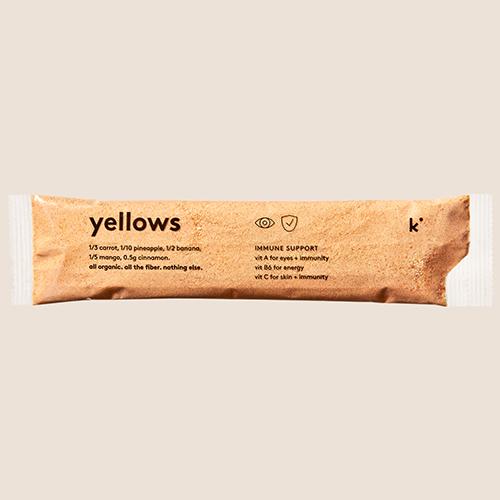Is breakfast really the most important meal of the day?
You’ve heard it, read it on billboards, and maybe even said it yourself: “breakfast is the most important meal of the day.” But is it, really?
It’s one of those phrases that’s so pervasive it’s hard to pinpoint exactly when you first heard it, or who you heard it from: “breakfast is the most important meal of the day!”
Along with “an apple a day keeps the doctor away,” this pro-breakfast sentiment was probably the first bit of nutritional folk wisdom we picked up during childhood. (Regarding the apple truism… if you interpret it as “eat more plants,” great! Just please don’t forgo your annual physical because you snacked on a Granny Smith once.)
At face value, breakfast’s purported “most important meal” status seems reasonable enough. You’ve been asleep for a while, and presumably last ate at dinner the preceding evening. And there’s probably something to be said for not starting the day off on a hangry note.
But what does the science say? Should you prioritize breakfast above all other meals? Is it truly the most important? Before science, let’s dive into a bit of history.
A history of the modern breakfast
Even in the western world, people haven’t always begun their mornings with a bacon, egg, and cheese sandwich and a cup of coffee (splash of cream, two packets of sugar!). The notion of breakfast-specific foods is actually a fairly modern one.
Not to get all weepy and nostalgic here in the blog… but time was, breakfast wan’t something you’d fuss over, or evocative of a rising sun and crowing rooster. You’d eat your morning gruel or chow down on whatever was leftover from supper the night before, then get on with it.
It wasn’t until the early 1800s In America when the sort of breakfast platter you might order at your neighborhood diner really came into being a staple for people beyond farmers. (Farmers have pretty much always favored eggs and improvements in meat processing technology made staples like bacon and sausage more widely available and affordable.)
But by the time the Industrial Revolution rolled around, and more and more Americans took up work in factory-like settings, concerns mounted over the time-consuming nature of these meaty feasts, along with their propensity to bring about indigestion.
And there to capitalize on those fears – and stir in a bit of health-food-related moralizing (something which has been part of the American media ecosystem apparently for well over a century!) – was John Kellogg, of breakfast cereal fame, and infamy of all other sorts.
Kellogg developed corn flakes to serve to patients at his “sanitarium,” and came up with the recipe based on his overarching, quasi-religious philosophy of health: food should be bland, and it should make you poop… frequently. He was apparently onto something. Patients at the sanitarium loved Kellogg’s flakes, and so he began selling them to the broader public, and pumped much of his profits back into advertising.
Here’s where the modern notion of breakfast really took hold, an idealized depiction of breakfast, targeted particularly at mothers. Kellogg advertisements suggested to stressed out, overburdened homemakers that their morning struggles could be simplified by giving the kids and spouse a bowl of corn flakes. It’s easy, and it’s healthy! And it sure didn’t hurt that it led to a whole boatload of cereal being sold.
This suggestion was so effective that the notion of breakfast trumping all other meals in terms of importance wasn’t a huge logical leap – something that marketers, anthropomorphic tigers, and lobbyists have pounced on and run with ever since.
HOWEVER!
Just because the origins of the “most important meal” claim are cynical at best, that doesn’t necessarily mean that breakfast isn’t the most important meal of the day! It would make at least some sort of sense for breakfast to reign supreme in the meal kingdom: it’s the caloric start to your day, following a prolonged fasting period brought on by that biological imperative sleep.
But speculation can only get you so far when it comes to evaluating nutritional truths/falsehoods, so let’s ask an expert, Mallory Gonzales, RD, head of nutrition here at kencko.
A nutritionist’s take on breakfast
“I wouldn't say one meal is better than the other,” Mallory offers, “but that all are equally important.”
She then adds: “they are each an opportunity to provide the body with essential nutrients, and there are benefits to having regular meals throughout the day, such as breakfast, lunch, dinner and snacks.”
Those benefits include things like “more stabilized blood sugar, consistent energy, regular digestion, and help to manage hunger levels throughout the day which can have a positive impact on mood.”
There you have it folks. Breakfast helps keep you feel steady, nourished, and ready to face the day, both physically and mentally… but so do other meals, so long as you eat them regularly. So in summation: meals – the most important meal of the day.
there's more good content where that came from
